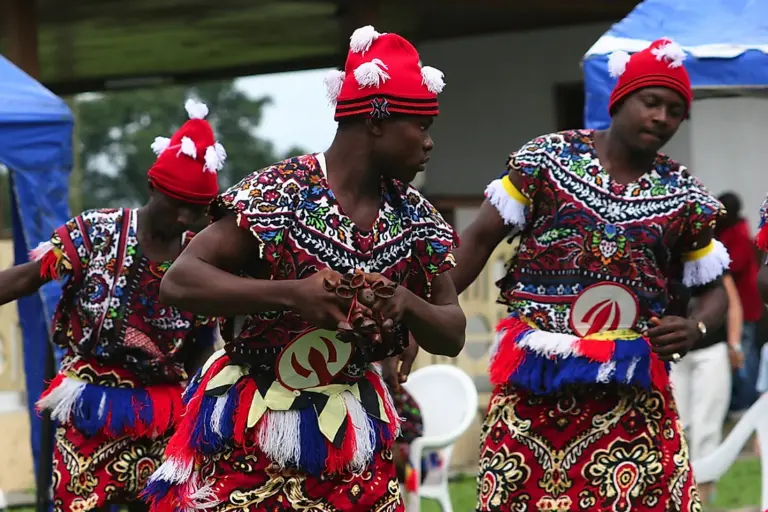A groundbreaking study has unveiled how deeply rooted cultural practices and traditional systems continue to shape the remarkable entrepreneurial success of the Igbo people of Southeastern Nigeria.
Presented by Eze Simpson Osuagwu, a seasoned academic and researcher, the study—titled “The Igbo Entrepreneurship System: A Model for Stakeholder Capitalism”—was showcased at the Centre for the Study of African Economies, St. Catherine’s College, University of Oxford.
Key Findings from the Study
Drawing from a sample of 2,000 entrepreneurs across major Nigerian cities including Aba, Onitsha, Nnewi, Lagos, and Abuja, Osuagwu’s research established a clear connection between culture and economic development.
Using Propensity Score Matching Technique, the study explored:
-
The impact of the Igbo traditional apprenticeship system on business growth and sustainability.
-
The influence of family heritage on business longevity.
-
The role of societal culture in shaping entrepreneurial development.
Notable Outcomes Include:
-
Entrepreneurs trained under the apprenticeship model reported higher weekly revenues.
-
Family-inherited businesses demonstrated longer survival rates.
-
Those who received financial settlement from mentors had better startup capital and stability.
According to Osuagwu, these findings affirm the value-creation ethos of stakeholder capitalism, where communities benefit collectively rather than prioritizing profit alone.
“Rather than competing for scarce resources, the Igbo promote cooperation and mutual value-creation for sustainable business development,” Osuagwu noted.
Redefining Capitalism Through Cultural Insight
Osuagwu argues that the Igbo model challenges the limitations of traditional capitalism by focusing on shared prosperity. While conventional capitalism emphasizes individual gain and market-driven competition, the Igbo system is rooted in communal growth, mentorship, and ethical entrepreneurship.
“The Igbo culture of mutually beneficial trade relationships provides a template for building inclusive, sustainable economies,” he emphasized.
An Academic Powerhouse Behind the Research
Eze Simpson Osuagwu’s academic pedigree is as impressive as the findings themselves:
-
Studied Economics at Harvard University and Liberty University.
-
Holds double doctorate degrees in Economics and Public Policy.
-
Boasts over 11 degrees in diverse fields including Statistics, Business Administration, Law, and more.
-
Called to the Nigerian Bar as a Barrister and Solicitor.
-
Served as a lecturer at University of Lagos and Covenant University.
-
Currently a Senior Research Fellow at the International Institute for Development Studies, USA, and International Visiting Professor at Covenant University.
Osuagwu has presented his work at global institutions like the World Bank, IMF, and Oxford University, and is recognized as a World Bank-certified expert in Sustainable Development.
A Legacy Rooted in History
Tracing the lineage of Igbo entrepreneurship, Osuagwu highlights the legacies of icons like Olaudah Equiano, James Beale Horton, Sir Louis Odimegwu Ojukwu, and Innocent Chukwuma, who have paved the way for today’s generation of Igbo business moguls.
“This study is not just research—it is a tribute to a people whose cultural values continue to power economic excellence,” Osuagwu concluded.

